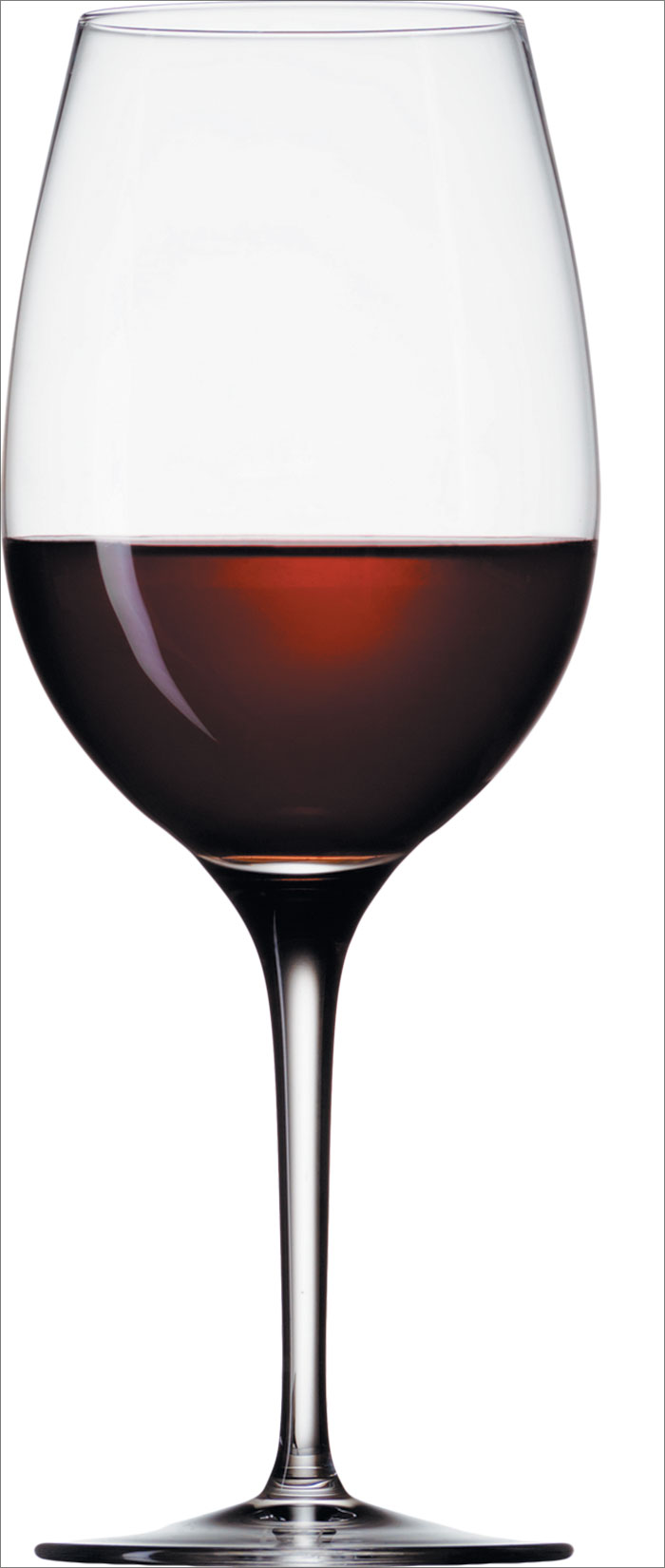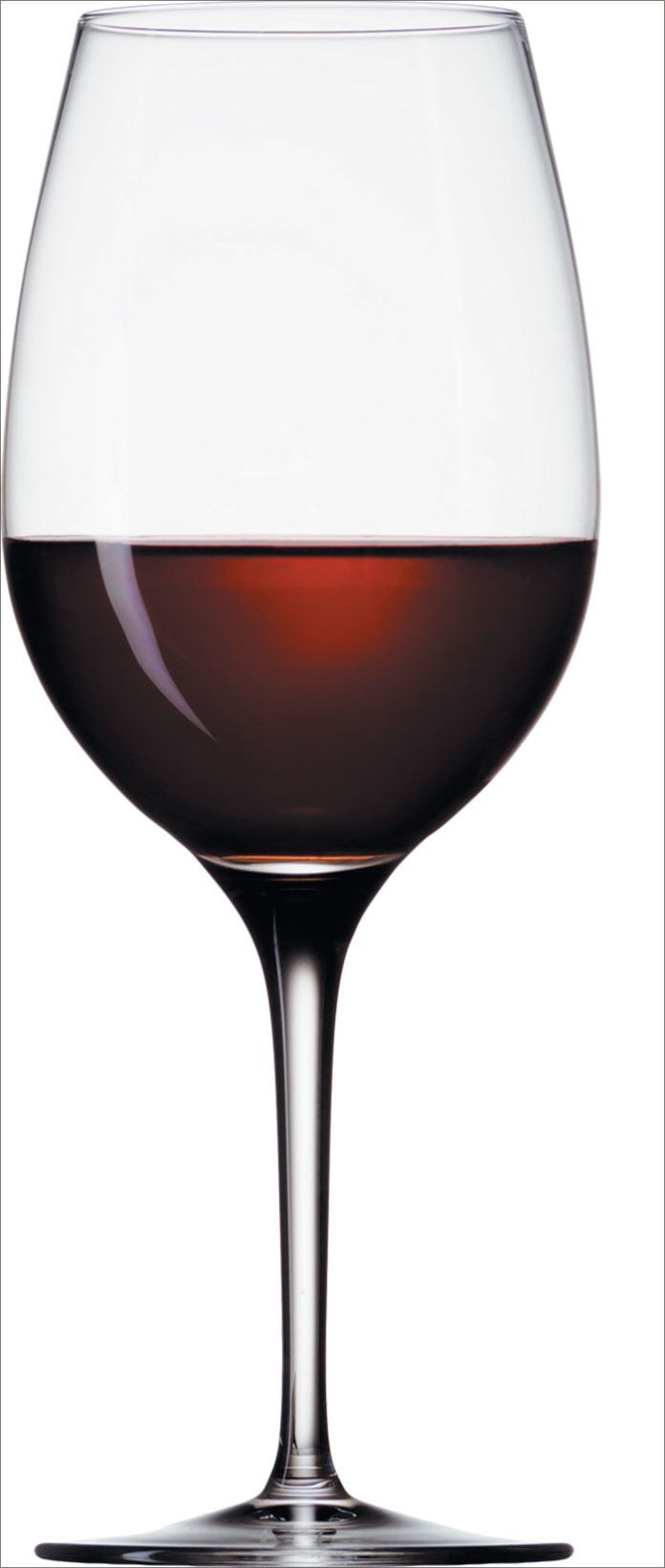Proponents of resveratrol, the antioxidant compound found in red wine and grapes whose near-miraculous health claims have created a $30 billion supplement industry, must have felt a bit of whiplash lately. First, a new study of dietary intake of resveratrol in the Chianti wine-making region of Italy made headlines by reporting no correlation with longevity or lower risks of cancer or cardiovascular disease. Resveratrol Health Benefits a Myth?, one news article asked. Then, just three weeks later, another new study reported that resveratrol supplements improved memory in overweight older people-raising hopes once again.

What Is Resveratrol?
A minor ingredient in red wine, purple grapes and grape juice, peanuts and some berries, resveratrol is a polyphenol compound belonging to a class of plant chemicals called stilbenes. Some plants produce stilbenes in response to stress, injury, fungal infections or sun damage. When consumed by humans, resveratrol is rapidly metabolized and eliminated, limiting its bioavailability (the amount available for use by the human body).
Scientists began studying resveratrol because of its presence in red wine, thinking it might help explain the French paradox-the low rate of death from heart disease in France despite high intake of saturated fat and dietary cholesterol. This association, cautions Tufts Dr. Angelo Azzi, has not been confirmed. Moderate alcohol consumption appears to have a protective effect against coronary heart disease, but its not clear whether the resveratrol in red wine confers any extra protection. Despite its popularity as a supplement and endorsements by TVs Dr. Oz, to date, relatively little is known about the benefits-if any-of resveratrol in humans.
So whats the reality behind the hype on resveratrol? Angelo Azzi, MD, PhD, senior scientist at Tufts HNRCA Vascular Biology Laboratory, says, It is important to realize that the effect of prolonging life attributed to resveratrol has not been documented in mammals. As to other miraculous effects of the compound, rather little is known (very few studies have been performed) as far as the human population is concerned.
BOUND TO FAIL: As for the study in Chianti that got such attention for puncturing (albeit temporarily) the resveratrol bubble, Dr. Azzi calls it an incredible waste of time and money.
The researchers, who published their findings in JAMA: Internal Medicine, compared resveratrol concentrations in the urine of 783 men and women ages 65 and older with health outcomes nine years later. In what was called the Aging in the Chianti Region study, 34.2% of participants died during the follow-up period. After adjusting for other factors, no link was seen between resveratrol levels and mortality risk.
Similarly, among the 27.2% of participants who developed cardiovascular disease, no protective benefit was found for higher resveratrol levels; in fact, those with the highest levels were at slightly greater risk. No benefit was seen, either, against cancer risk or markers of inflammation.
But these negative findings, said by researchers to close the book on the health benefits of resveratrol from dietary sources, were no surprise to Dr. Azzi. It is known that, even with supplementation, the bioavailability of resveratrol is extremely low and the plasma concentrations obtained do not have any effect even in the in vitro studies, he explains. Possibly it was assumed that people living their entire life in the Chianti region had a higher intake of resveratrol from grapes and wine since their very early days. But this long exposure is not proven and the correlation between resveratrol and disease is only limited to the nine years of the study. So the time of exposure and the amounts are very weak aspects in this study.
I am not sure that, by increasing the bioavailability and the exposure time one can obtain more positive results, Dr. Azzi adds. It might even produce more damage than benefits, as was seen with vitamin E supplementation.
FOOD FOR THOUGHT: The positive findings from the study of resveratrol and memory, published in the Journal of Neuroscience, also come with a caveat-this was a small, relatively brief clinical trial. German researchers tested supplements of 200 milligrams of resveratrol daily for six months versus a placebo among 46 cognitively healthy people, ages 50 to 80, with a BMI of 25 to 30 (defined as overweight). This group was chosen because previous research suggested that overweight individuals might benefit more from resveratrol than normal-weight people. Its been speculated that resveratrol might help reset out-of-balance metabolisms.
Researchers tested word recall with a standard memory test and also measured connections between the hippocampus and other parts of the brain using functional magnetic resonance imaging (fMRI). At the end of the study, the 23 participants randomly assigned to the resveratrol supplements scored better on memory tests and showed greater functional connectivity in their brains, as well as better glucose metabolism.
This paper is more encouraging, Dr. Azzi comments, but what can one conclude from a study with 23 participants and 26 weeks?
The German research team is following up their findings with a six-month trial involving 330 people with mild cognitive impairment. Other trials are looking for benefits from resveratrol against Alzheimers disease and type 2 diabetes.
Until those results are in and confirmed by large, long-term studies, dont count on resveratrol-whether from red wine or pills-to safeguard your health or extend your lifespan.





















